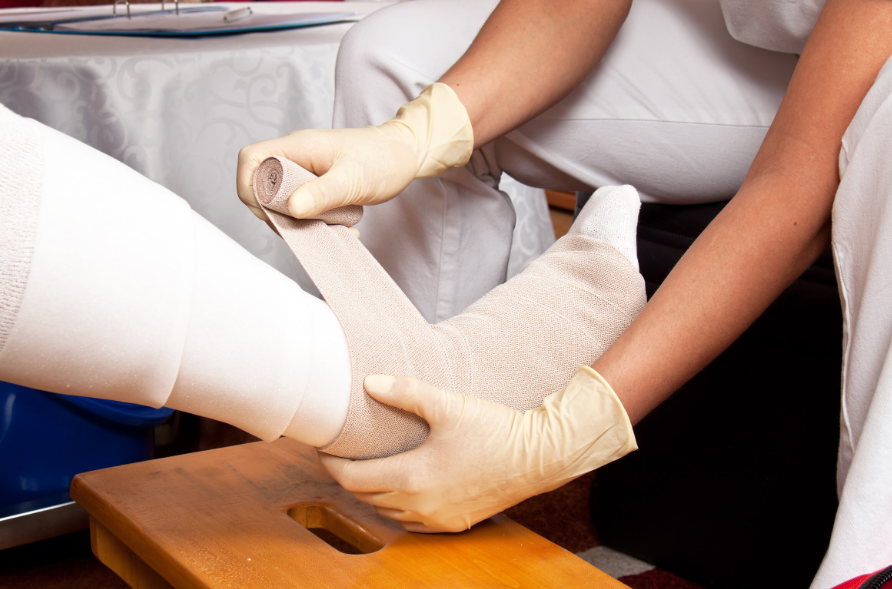Preventing Chronic Wounds: Tips from Nashville’s Wound Care Specialists
Chronic wounds, such as diabetic ulcers, pressure sores, and venous leg ulcers, are a significant health concern that can lead to severe complications if not managed effectively. For residents of Nashville, understanding how to prevent these persistent wounds is crucial to maintaining overall health and quality of life. With expert insights from local wound care specialists, this guide offers practical tips to help you prevent chronic wounds and stay proactive about your health.
1. Understand the Risk Factors
Preventing chronic wounds begins with knowing your risks. Conditions such as diabetes, poor circulation, obesity, and a history of smoking increase vulnerability to non-healing wounds. Aging and immobility also contribute to the risk. If you have one or more of these factors, consult a wound care specialist in Nashville for a personalized prevention plan.
2. Prioritize Skin Care
Healthy skin serves as a protective barrier against wounds. Simple measures can go a long way:
- Keep skin clean and moisturized: Use gentle cleansers and apply fragrance-free moisturizers to prevent dryness and cracking.
- Inspect regularly: Check for redness, swelling, or sores, especially on areas prone to pressure or friction.
- Protect vulnerable areas: Use padding or special cushions for bony areas like elbows, heels, and tailbone.
3. Manage Chronic Conditions Effectively
Chronic conditions like diabetes and vascular diseases can hinder proper blood flow, delaying wound healing. Managing these conditions is essential:
- Control blood sugar levels: Poorly managed diabetes can damage nerves and blood vessels, leading to chronic wounds.
- Monitor blood pressure and cholesterol: These factors affect circulation and can contribute to wound development.
- Follow prescribed treatments: Regularly visit your healthcare provider to adjust medications and monitor your health.
4. Maintain an Active Lifestyle
Staying physically active promotes healthy circulation, which is vital for wound prevention and healing. Incorporate low-impact exercises like walking, swimming, or yoga into your routine. If mobility is a concern, work with a physical therapist to develop a customized activity plan.
5. Focus on Proper Nutrition
A balanced diet supports skin integrity and healing. Key nutrients include:
- Protein: Essential for tissue repair and immune function.
- Vitamin C: Promotes collagen production and wound healing.
- Zinc: Supports cellular repair and boosts immunity.
Hydration is equally important, so drink plenty of water to keep your skin supple and elastic.
6. Avoid Prolonged Pressure on Skin
Pressure ulcers, also known as bedsores, result from extended pressure on the skin. To prevent them:
- Shift positions regularly: If you’re seated or lying down for long periods, change positions every 2 hours.
- Use supportive surfaces: Invest in pressure-relieving mattresses or cushions.
7. Seek Prompt Treatment for Minor Wounds
Even minor cuts or scrapes can escalate into chronic wounds if ignored. Clean and dress wounds promptly, and watch for signs of infection like redness, warmth, or discharge. If healing doesn’t occur within a reasonable timeframe, consult a specialist immediately.
8. Quit Smoking
Smoking reduces blood flow and delays healing. Quitting this habit is one of the best steps you can take to prevent chronic wounds and improve your overall health.
9. When to Seek Professional Help
If you notice non-healing wounds, discoloration, or persistent pain, seek immediate care from a wound care provider. In Nashville, expert teams like those at Iris Medical Group specialize in treating chronic wounds and helping patients develop prevention strategies.
Preventing chronic wounds requires a proactive approach to skin care, overall health, and lifestyle habits. By following these tips and staying vigilant about your health, you can reduce your risk of developing chronic wounds. For specialized guidance and support, turn to Nashville’s trusted wound care specialists who are dedicated to improving patient outcomes and quality of life.





